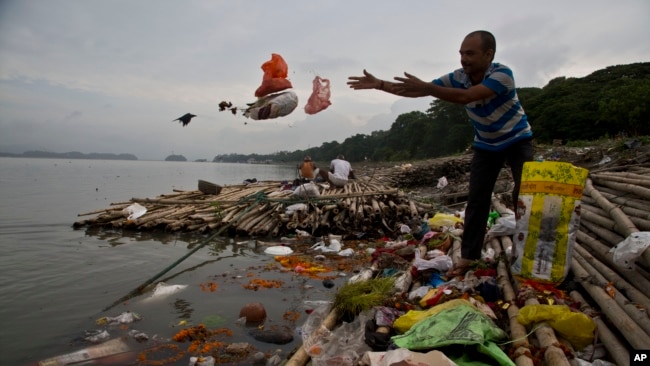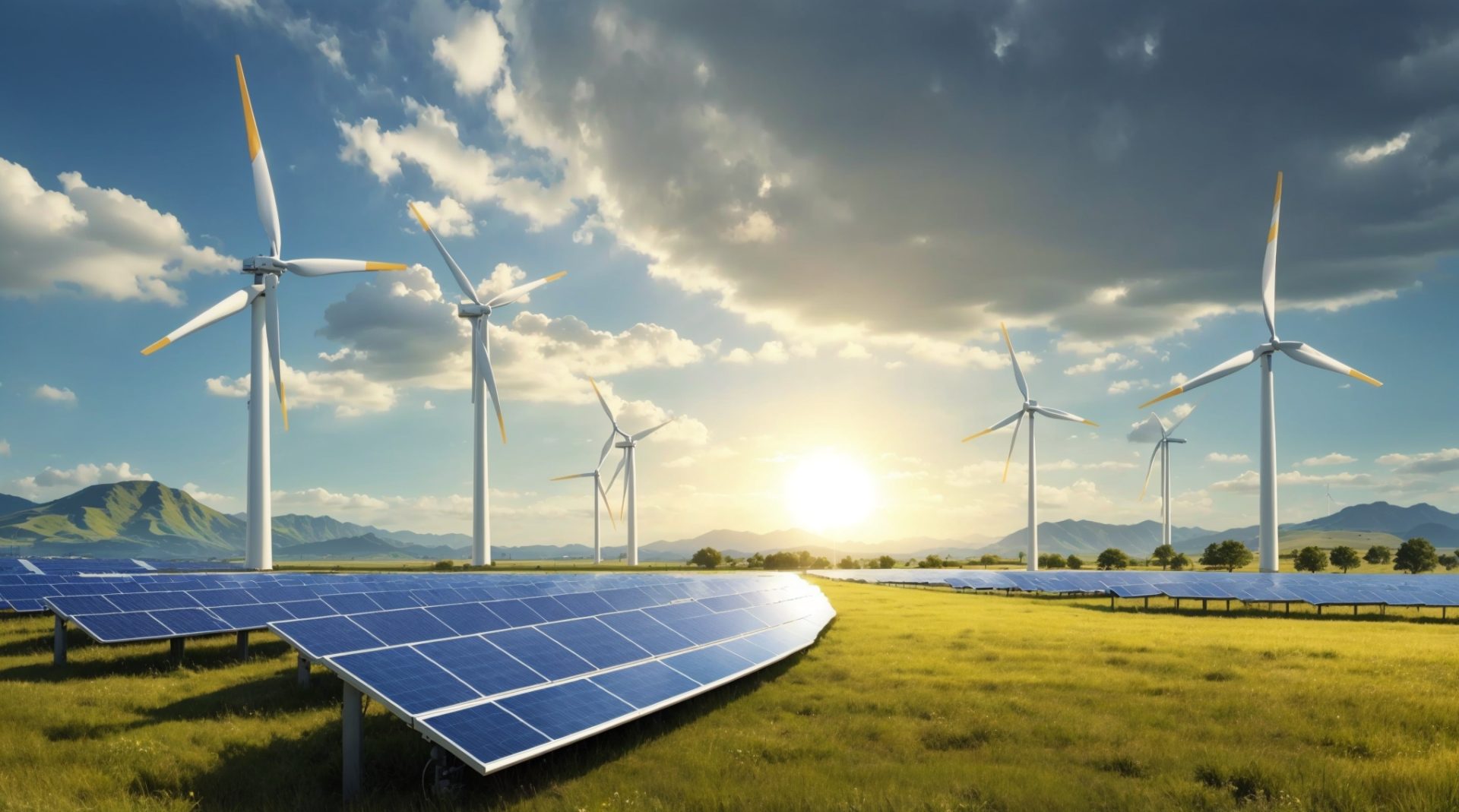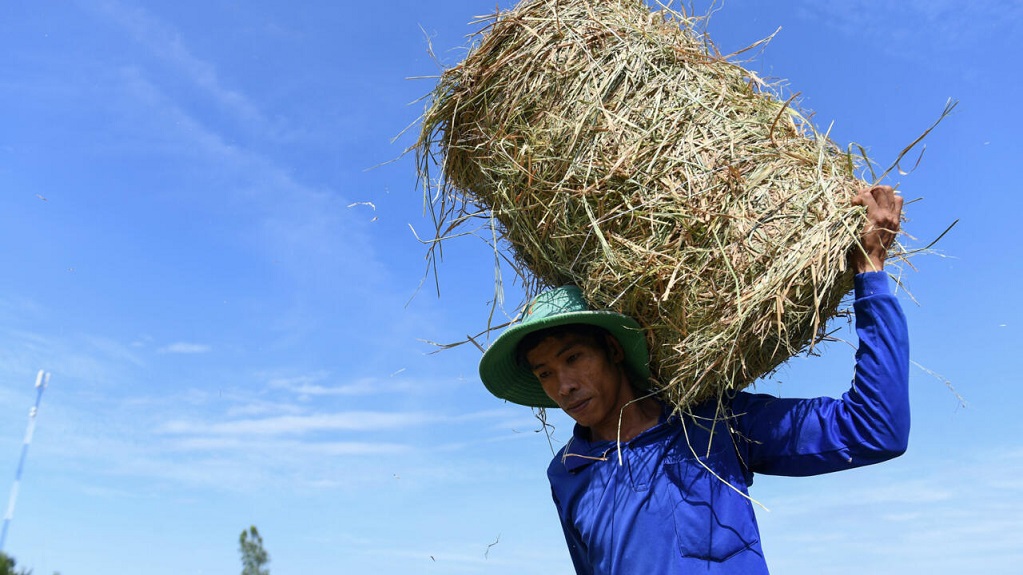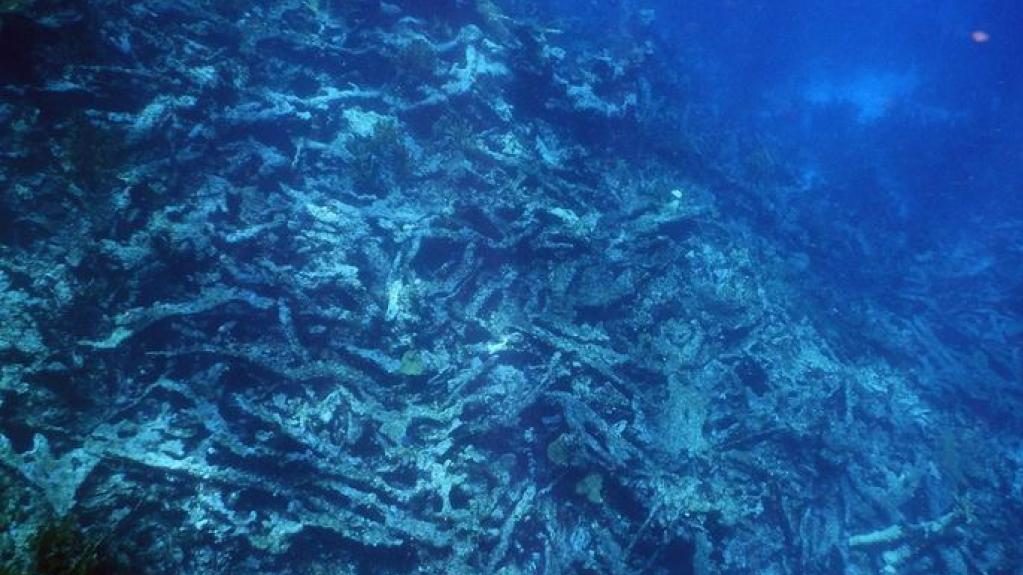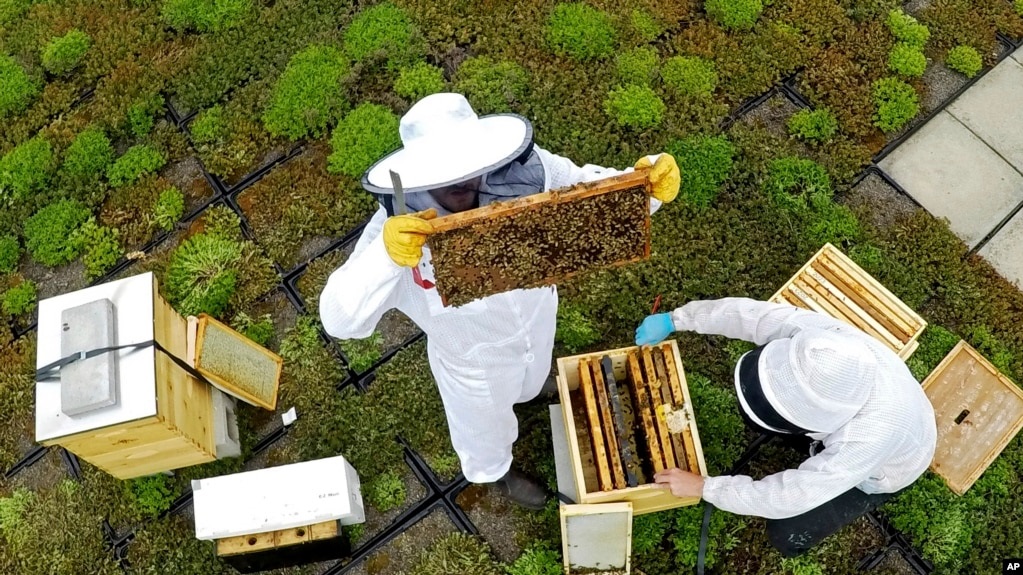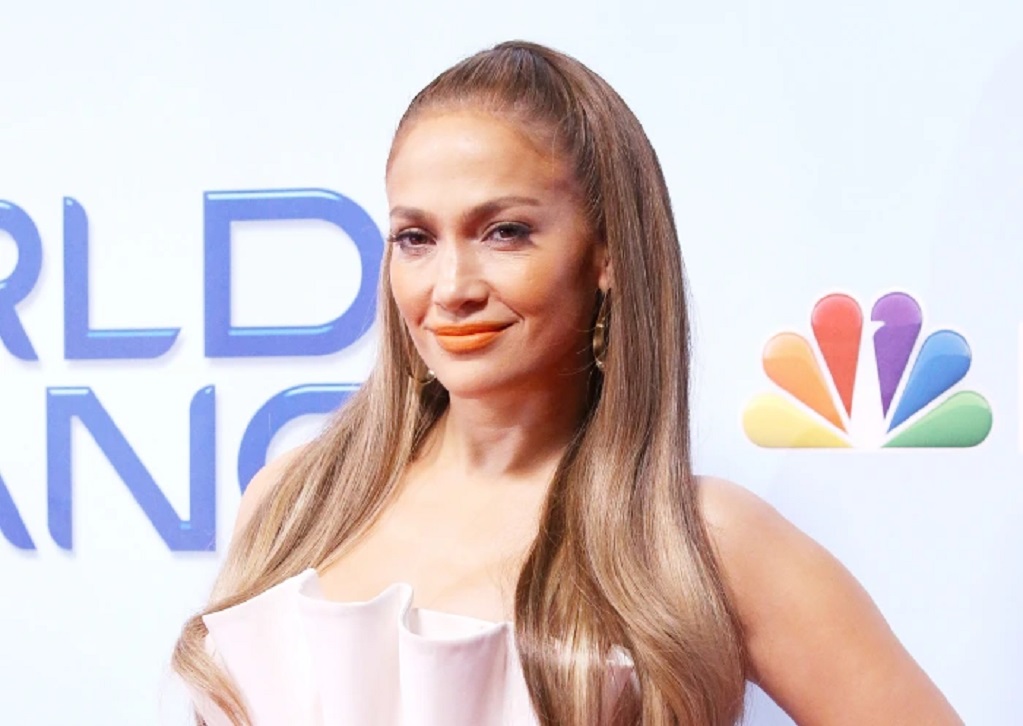Mixed Review on Plastic Pollution Ban Talks in Paris
Written by worldOneFm on June 3, 2023
PARIS — Green and other groups have given mixed reviews to the sometimes-rocky talks on eradicating plastic pollution, which ended Saturday in Paris with an agreement to write the first draft of a groundbreaking global treaty.
The deal reached after five days of negotiations in the French capital sees a rough-cut “zero draft” produced before representatives of 175 countries next meet in Nairobi in November — with goals for a legally binding ban in force by 2025.
“It will happen, it must happen, because we all don’t want plastic pollution in our territories, or in the oceans or anywhere,” Jyoti Mathur-Filipp, executive secretary of the Intergovernmental Negotiating Committee (INC) on Plastic Pollution told VOA, calling last year’s agreement on the legislation “historic.”
But environmentalists and other activists offered a fractured reaction to the talks, criticizing alleged stalling tactics deployed by a handful of countries, including petroleum-rich Saudi Arabia and Russia, and intervention by industry members.
“We have seen the negative consequences of continued plastic and fossil fuel industry presence and (the) influence on negotiations, including procedural delays and distractions, as well as discussion of false solutions,” said Jen Fela, of the U.S.-based Plastic Pollution Coalition.
Still, the global environmental group, the World Wildlife Fund (WWF) cited “tangible progress” nonetheless.
“After a week of negotiations, the world is one step closer to the unmissable opportunity of a global treaty to end the plastic pollution criticism,” said WWF special envoy Marco Lambertini.
Wrong direction
A century after their birth, plastics derived from fossil fuels have been key to major developments like space travel – but they have also spawned massive pollution.
In many developing countries especially, with low collection and recycling rates, plastic litters streets, tangles trees and chokes beaches. Millions of tons of plastic spill into oceans yearly, killing marine life and traveling far from its origins via ocean currents.
Microplastic particles have been detected in seemingly pristine environments and in the placentas of unborn babies. Plastic also contributes to climate change.
Alarmingly, annual plastics production — which more than doubled in 20 years to 460 million tons — is expected to almost triple by 2060, according to the Paris-based Organization for Economic Cooperation and Development.
“Production and consumption are rapidly growing, we’re designing products for being thrown away or being burnt in the environment,” WWF Global Plastics Policy Manager Eirik Lindebjerg said in an interview. “It’s accelerating in the wrong direction.”
Still, he said, some things are heading in the right direction. A growing number of plastics-related businesses are explicitly calling for global regulations to harmonize standards. The European Union and countries like Rwanda and Bangladesh have banned single-use plastics.
Similarly, single-use plastics will be outlawed at the Paris 2024 Olympic Games, with reusable cups and other items favored, in a broader effort to slash the event’s carbon footprint.
“There are things happening, but in a fragmented way and most countries aren’t doing enough,” Lindebjerg added. “That’s what this treaty is about — to bring countries together and have everyone on board to have joint regulations.”
Next steps
What will go into the draft plastics treaty remains unclear.
A so-called High Ambition Coalition of governments led by Norway and Rwanda wants to ban plastic pollution completely by 2040 and limit if not eradicate particularly problematic chemicals going into them, along with high-risk plastic products.
While the U.S. is not a coalition member, officials have said they share its goals — but favor countries developing their own action plans to meet them. Activists like the Plastic Pollution Coalition are urging the U.S. to take a stronger stance at the talks.
Meanwhile, green groups point to the limits of recycling — an option pushed by U.S. and other oil producing countries, among others. Instead, environmentalists are calling for finding plastic alternatives and changing consumption and production habits.
“Once you put rules in place, there are lots of interesting solutions that are ready to be scaled up,” Lindebjerg said.
Some green activists worry that countries and industries with a vested interest in plastic production will unduly influence the treaty’s content — and that Indigenous and other affected groups have not had enough voice.
INC’s Mathur-Filipp disputed that assessment when it came to participation by non-governmental groups. She said it was up to official delegations to decide their makeup. She also defended the slow start to the Paris talks, citing the importance for disparate groups to air their positions and “build trust.”
“Now there is compromise, willingness to speak and listen to each other,” she added. “We have moved forward. We have made progress.”


